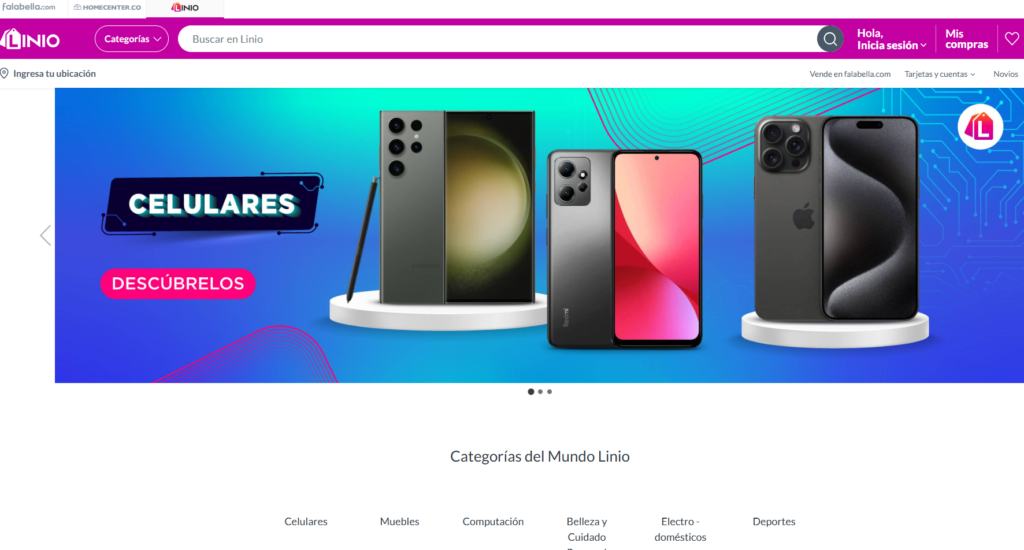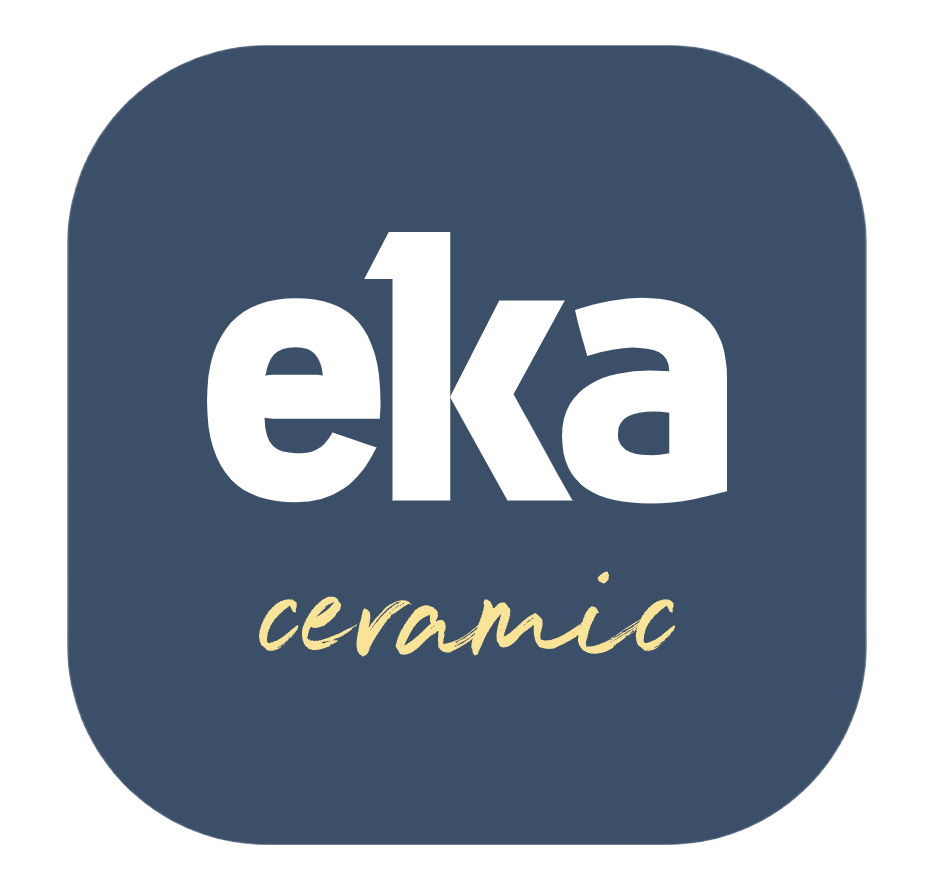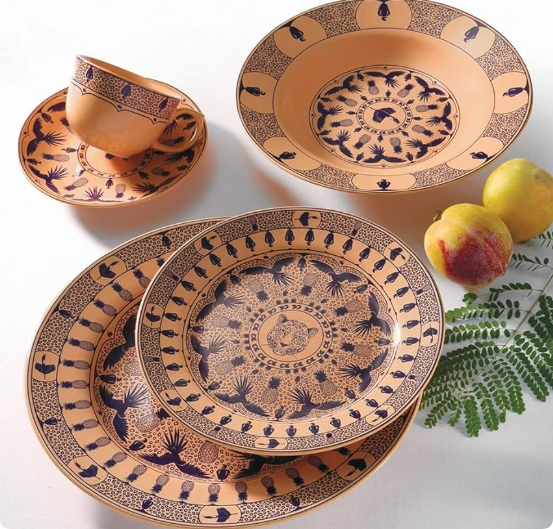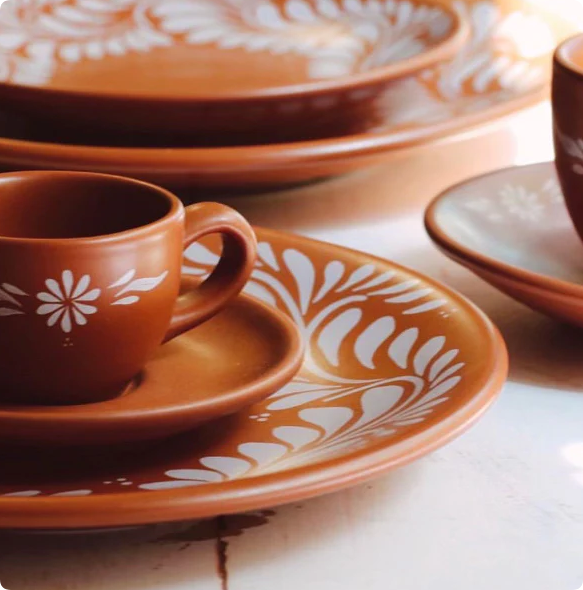The global ceramic tableware industry has been experiencing significant growth in recent years, and one of the most promising regions driving this expansion is Latin America. The combination of an emerging middle class, rising disposable incomes, and a growing demand for high-quality home products makes Latin America a prime target for ceramic tableware manufacturers. As businesses like EKA, a leading Chinese ceramic tableware manufacturer offering OEM and ODM services, aim to tap into this market, understanding the nuances of consumer behavior, regional trends, and trade dynamics is crucial.
In this comprehensive blog post, we will explore the key factors that make Latin America an attractive market for ceramic tableware manufacturers. From understanding the regional consumer preferences to analyzing the market trends, this article will provide essential insights for manufacturers looking to expand their reach in this lucrative market.
The Economic Landscape of Latin America
Latin America, comprising countries such as Brazil, Mexico, Argentina, Chile, and Colombia, is home to over 650 million people. This region has witnessed a steady economic growth trajectory, with certain countries like Brazil and Mexico being among the largest economies in the world.
Economic Growth and Middle-Class Expansion
One of the most compelling reasons why Latin America is an attractive market for ceramic tableware manufacturers is the expanding middle class. According to the World Bank, the middle class in Latin America is projected to grow by nearly 50% over the next decade, resulting in a more significant demand for high-quality consumer products. With a rising number of households able to afford premium ceramic tableware, manufacturers can expect a steady growth in demand.
Moreover, the growth in disposable income has driven Latin American consumers to seek products that reflect their tastes, culture, and lifestyle. Consumers in this region are increasingly inclined to purchase quality home goods, including ceramics, as they become more focused on aesthetics and functional design.
The Growing Popularity of Ceramic Tableware
Ceramic tableware is highly valued in Latin America for its durability, aesthetic appeal, and versatility. The region’s diverse culinary traditions, from Brazilian feasts to Mexican fiestas, create a demand for high-quality tableware that complements their local cuisine and dining customs. As the demand for ceramic products continues to rise, manufacturers are looking for ways to meet these needs.
Consumer Preferences: A Blend of Tradition and Modernity
Latin American consumers have a rich cultural heritage that influences their purchasing decisions. Ceramic tableware, often hand-painted or made using traditional techniques, fits well within the cultural context of this region. However, modern design trends are also gaining traction. Consumers are now seeking contemporary, minimalist, and functional ceramic products, which is reflected in the growing trend for elegant yet durable dinnerware.
Table: Comparison of Consumer Preferences in Latin America
| Region | Traditional Preferences | Modern Preferences |
|---|---|---|
| Brazil | Hand-painted ceramics with colorful motifs | Sleek, minimalist designs with neutral colors |
| Mexico | Vibrant, artisanal pottery, often with intricate patterns | Simple, modern ceramic sets with clean lines |
| Argentina | Rustic, country-style dinnerware with floral designs | Elegant, refined porcelain and stoneware |
| Chile | Custom-made, traditional ceramics | High-end, contemporary designs with premium finishes |
| Colombia | Clay and terracotta products with earthy tones | Modern porcelain and stoneware with bold designs |
Trade Dynamics and Market Accessibility
When considering Latin America as a market for ceramic tableware, manufacturers must also consider the region’s trade dynamics. Latin American countries are increasingly engaged in trade agreements, both within the region and globally, creating opportunities for foreign manufacturers.
Free Trade Agreements (FTAs)
Latin America is home to several free trade agreements, including the Latin American Integration Association (ALADI), Mercosur, and various bilateral trade agreements with countries like the United States, China, and the European Union. These trade agreements have made the region more accessible for ceramic tableware manufacturers, lowering tariffs and reducing trade barriers for products.

For example, China, as a major exporter of ceramic products, benefits from its trade relationships with Latin American countries, making it easier for companies like EKA to export their products to the region.
Supply Chain Considerations
For ceramic tableware manufacturers, managing the supply chain effectively is crucial. Latin America’s proximity to the United States and its growing infrastructure development, particularly in transportation and logistics, enhances the ease with which manufacturers can ship goods to the region. However, some countries still face challenges related to inefficient ports or inadequate infrastructure in certain areas, making it essential for businesses to consider these factors when planning their logistics strategies.
Key Market Trends Driving Demand for Ceramic Tableware
Several key trends are shaping the Latin American market for ceramic tableware. These include the increasing popularity of sustainable and eco-friendly products, the growth of e-commerce, and the rising demand for personalized and custom-designed ceramics.
Sustainability and Eco-Friendly Products
Latin American consumers are becoming more environmentally conscious, with an increasing number of people opting for sustainable products. Ceramic tableware, being durable and reusable, fits into the region’s growing eco-friendly mindset. Manufacturers that can offer eco-conscious products, such as those made from locally sourced clay or using sustainable production methods, are well-positioned to capitalize on this trend.
E-Commerce Growth
E-commerce in Latin America is booming, with more consumers opting to buy products online. This trend presents significant opportunities for ceramic tableware manufacturers to reach a broader customer base. With platforms like Mercado Libre, Linio, and Amazon expanding their presence in the region, ceramic products are becoming more accessible to consumers across Latin America.

As online shopping grows, manufacturers are also expected to enhance their digital presence, offering a range of products through online retailers or their e-commerce platforms. This allows for an expanded reach, especially to smaller or remote markets where traditional retail outlets may not have as strong a foothold.
Custom and Personalized Products
Consumers in Latin America are increasingly looking for personalized products that reflect their unique tastes and preferences. Custom ceramic tableware, including personalized plates, cups, and serving sets, is becoming more popular in markets like Brazil and Mexico, where celebrations and family gatherings are significant cultural events. Manufacturers that offer customization services for ceramic products can tap into this growing market demand.
Conclusion: A Market Full of Potential for Ceramic Tableware Manufacturers
Latin America presents a compelling opportunity for ceramic tableware manufacturers like EKA. The region’s growing middle class, combined with a rising interest in both traditional and modern ceramic products, makes it a dynamic and profitable market. With an increasing demand for high-quality, durable, and aesthetically appealing products, Latin America is poised to become a key market for the global ceramic industry.
As manufacturers look to enter or expand their presence in this region, understanding the cultural, economic, and trade dynamics is essential. By adapting to local preferences, offering customized products, and leveraging e-commerce platforms, ceramic tableware manufacturers can position themselves for long-term success in Latin America.



